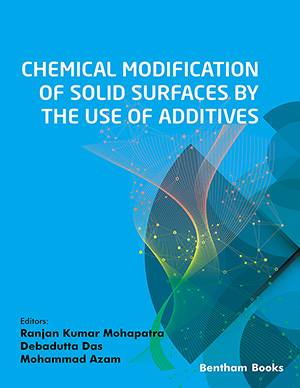Abstract
The nanoparticles of CuFe2O4, with spinel structure, supported over ZrO2 and sulphated ZrO2, were obtained by the precursor citrate route. The supported catalysts, containing a ferrite/support ratio of 30%, were thermally treated within the range 150 -700°C, characterized by XRD, TPR, FTIR, SEM-EDX, TEM and Mössbauer spectroscopy. The propane combustion was performed as a reaction test and the influence of the thermal treatment was analyzed. Despite the differences in the physico-chemical characteristics of the Zr supports, both supported CuFe2O4 catalysts, containing 30% loading and treated at 400°C, behave as active catalysts for propane combustion of similar efficiency. Furthermore, catalytic activity decreases upon heating, mainly due to crystal growth and, in ZS supported samples due to a change in the structure of the support caused by desulphation at around 600°C. The effect of surface available cations is discussed according to Mossbauer spectra.
Keywords: HC combustion, CuFe2O4 catalysts, Zr-supports, citrate route, structure, microstructure, spectroscopy.










